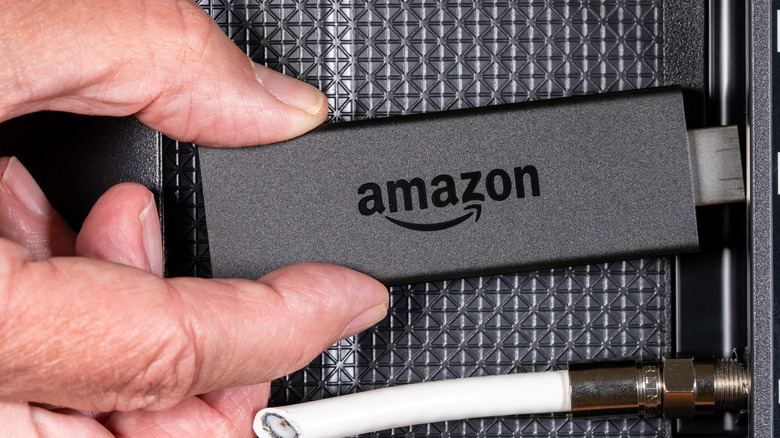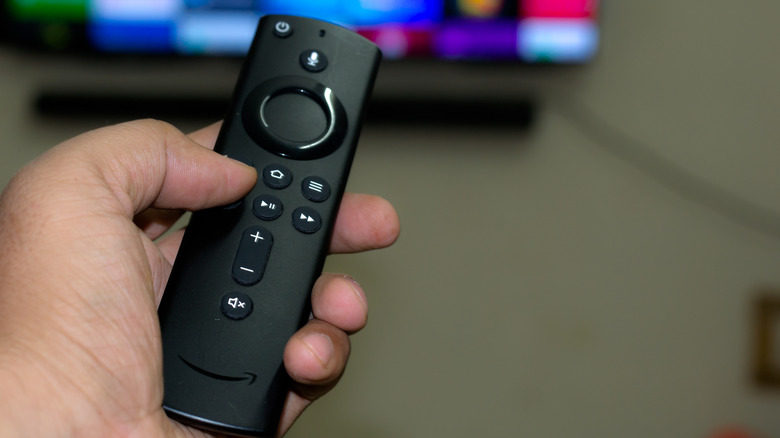Amazon Fire TV Devices Could Ditch Android As Amazon Reportedly Plots In-House OS
Amazon is once again trying its hand at building an original operating system, and this time, it is ditching Android to build a software ecosystem that covers the entire portfolio of Fire devices, from streaming TV sticks to smart home devices. Tech reporter Janko Roettgers at LowPass has detailed Amazon's plans for a new OS codenamed Vega, citing internal sources and job listings.
Reportedly, work on Vega is nearing completion, and the first products powered by Amazon's in-house operating system might arrive as early as 2024. Vega is allegedly based on Linux, just like Google's Fuschia OS, which runs on devices like the Google Nest Hub Max. Amazon aims to put Vega on the Fire TV hardware, Echo line-up of smart displays, and in-car infotainment devices, among other categories.
Amazon's key focus with its Vega ambitions is to gain more control by ditching Google's Android licensing rules and becoming the sole authority over pushing ads and services on its next-gen Fire hardware.
It's no secret that the real money-spinner for Amazon with its affordable Fire and Echo portfolio is not the hardware itself but the revenue it extracts from the ads users see and the services they sign up for. Vega would also allow the e-commerce behemoth to partner with more brands, license its new OS and related services, and diversify its hardware portfolio.
An unpredictable road ahead for everyone
Vega sounds like one of the most significant shifts in Amazon's consumer hardware ambitions since the catastrophic failure of its Fire Phone. Currently, Amazon relies on the free Android Open Source Project model, which serves as the foundation for Fire OS. However, Amazon doesn't ship any of the core Google/Android services, such as the Play Store and Gmail, to avoid licensing fees on its Fire series of devices.
With Android completely out of the picture with Vega, Amazon will have even more control over the software and apps it wants to ship on its future device portfolio. However, convincing developers to sign up for its vision won't be easy for Amazon.
The failure of Windows Phone and the slow death of Tizen OS at Samsung are recent examples. Amazon has reportedly asked developers to use React Native as an application framework, allowing them to build apps for Vega and Android-based Fire hardware without much toiling.
But when it comes to customers, especially those with Android-derived Fire hardware in their homes, Amazon's Vega approach is not good news. Amazon could take the honorable route and support them for at least the next few years before it goes all-in on Vega-based devices. Alternatively, it could silently migrate a select bunch of them to Vega, as Google has been doing with its Fuschia push, but that's easier said than done.

